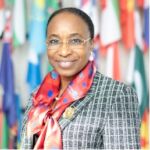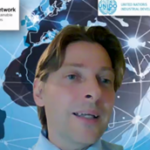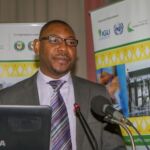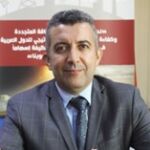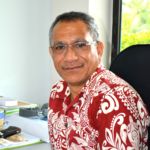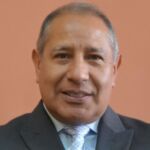Strengthening the means of implementation for the Agenda 2030 – Promoting south-south and triangular climate cooperation through the Global Network of Regional Sustainable Energy Centres (GN-SEC, ADA)
By looking at the moderate growth rates of clean energy technology markets in developing countries, particularly in least developed countries (LDCs) and small island developing states (SIDS) it becomes obvious that SDG-7 (affordable and clean energy), SDG-9 (industry, innovation and infrastructure), SDG-12 (responsible consumption and production) and SDG-13 (climate action) cannot be attained by 2030 in business-as-usual scenarios.
International public and private investment flows for the energy transition need to be dramatically upscaled and redirected. Globally, the pace of renewable energy investments is not sufficient to keep the world on track with the 1.5°C climate scenario. Investments in renewables need to at least quadruple and reach an annual level of more than USD 5 trillion on average between 2023 and 2030. More than 50% of the world’s population in developing countries, received only 15% of global investments in renewables in 2022.
There is need for economies of scale and speed. In line with SDG-17, more effective means of implementation and technology cooperation modalities are required. Cross-border challenges, such as climate change mitigation and adaptation, need cross-border solutions and leapfrogging from traditional bilateral approaches. On this background, regional, south-south and triangular industrial cooperation (SSTC) is rapidly gaining momentum as a powerful delivery mechanism in the development and climate space.
Therefore, the United Nations Industrial Development Organization (UNIDO) and the Austrian Development Agency (ADA) are organising a side event to showcase the Global Network of Regional Sustainable Energy Centres (GN-SEC), a unique multi-stakeholder platform for south-south and triangular industrial cooperation “from the regions for the regions”.
Since 2010, UNIDO assists regional economic communities (RECs) of the “Global South” in the creation and operation of regional sustainable energy centres, which provide support “from the regions for the regions”. The GN-SEC platform facilitates joint learning and intra-regional activities between the centres and partners of “Global North” and multilateral level. The network has an important role to test, demonstrate and roll-out latest technology, policy and business model innovations in various regions simultaneously.
In total, the GN-SEC covers 113 countries, including 41 of 46 LDCs and 35 of 39 SIDS. Through the setting of regional renewable energy and energy efficiency policies, regulations and standards and the facilitation of national follow-up, the GN-SEC platform influences – at least indirectly – the behaviour of around 1,7 billion energy consumers in developing countries in the long-run. Further information on the GN-SEC is available at: www.gn-sec.net and https://open.unido.org/projects/M0/projects/180301.




